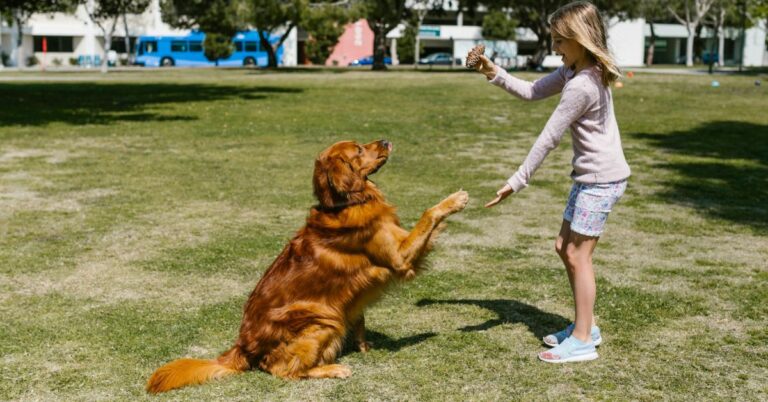10 Quiet Truths To Hold Onto After Your Dog Is No More
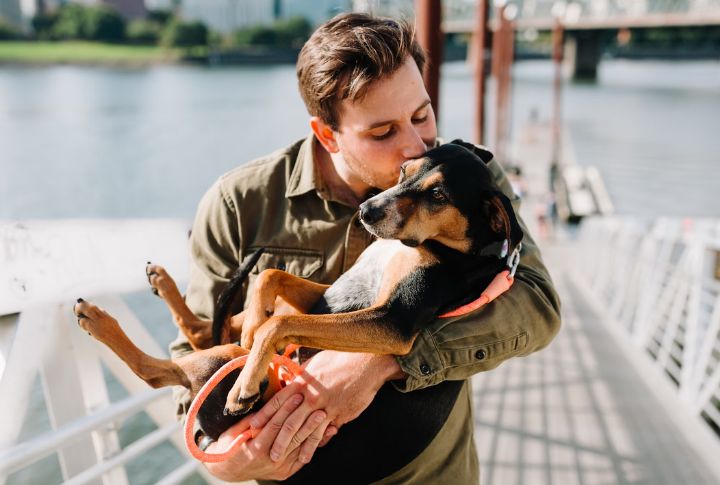
One day, your dog is snoring at your feet. Next, there’s silence where life used to be. That shift sneaks up on you, and the following days stretch differently without their little routines. There’s a lot they leave behind and even more that they wish you’d hold onto. This piece unpacks some truths for you to remember long after the goodbye.
You Showed Love Through The Everyday
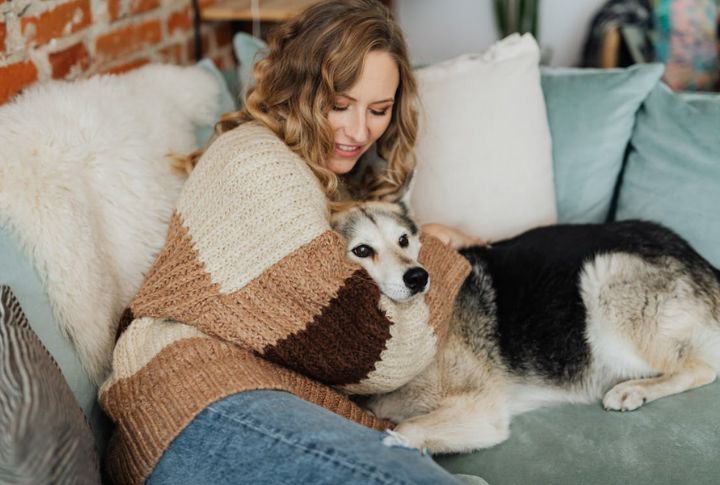
Dogs pay close attention to touch and routines. Even on busy or distracted days, they recognized your care in how you fed them and made space for them. Those small gestures meant comfort and safety. That’s what stayed with them the longest.
Their Memory Lingers In Everyday Life
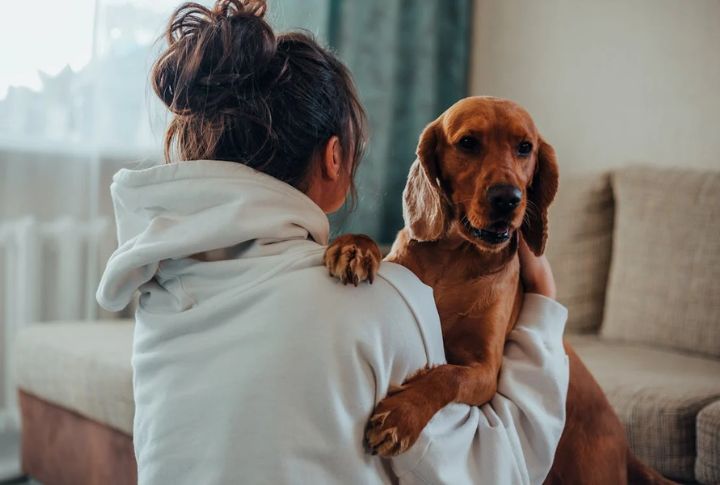
After a pet passes, some grieving owners report noticing reminders, like shapes in shadows or dreams. While these moments cannot be ascertained, they reflect the brain’s natural way of preserving attachment. Memory shows up in routine, even long after the dog is gone.
They Trusted You Until The End

A dog’s tail often reflects how secure they feel. Even in old age or illness, wagging tail when you walked in showed connection—that’s proof that the movement was not random. It was a quiet response to your presence and reassurance in moments that might have felt uncertain to them.
Positive Moments Held More Weight
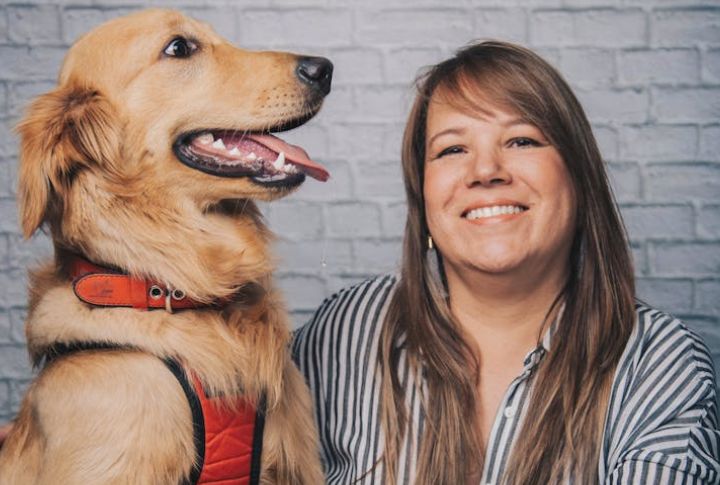
Though losing a pet is painful, dogs are highly attuned to joy. While alive, they reacted most strongly to moments of play and affection and wouldn’t want their life remembered only by its ending. Their preference was always for the times when things felt light and simple.
Their Needs Were Met With Care
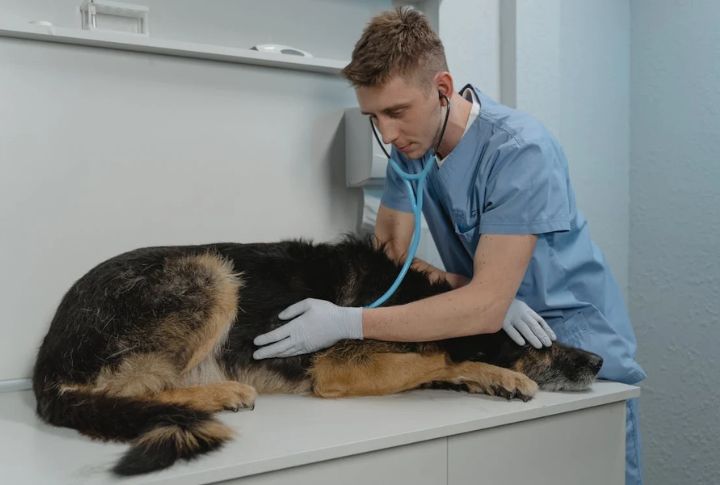
Dogs seek consistency over variety. Your attention to their routines and comfort gave them what they needed most. While they may not show thanks the way people do, their relaxed posture and trust were signs that their needs were met.
Grief Reflects A Strong Bond
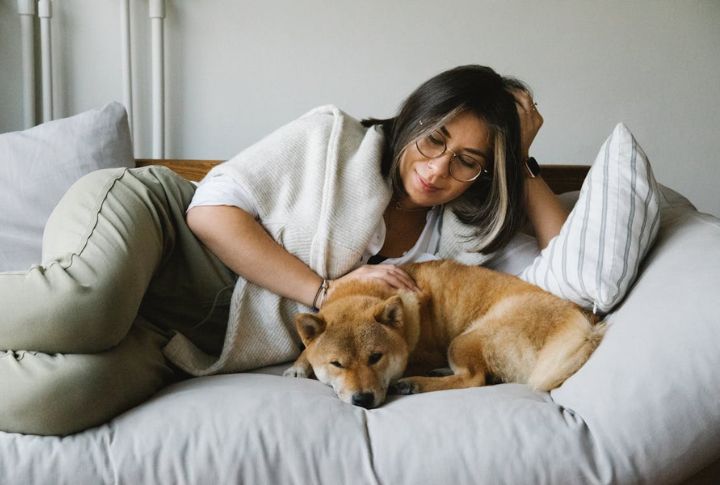
When a pet passes, grief can feel overwhelming. However, the presence of grief usually means that the connection was strong and mutual. Your sadness confirms that you valued them, responded to them, and gave them a safe haven.
They Let Go Of Mistakes Easily
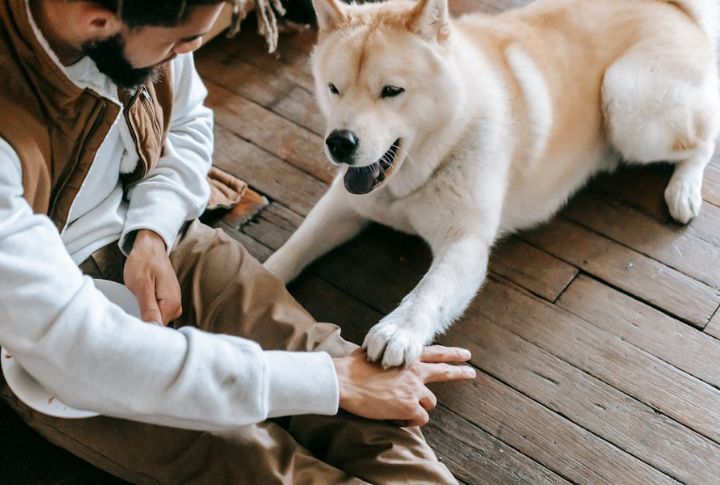
Dogs do not dwell on frustration or forgetfulness. They move forward without hesitation after delayed meals or shortened walks. If you carry guilt about those moments, remember that dogs are not wired to hold on to blame. It’s the patterns they responded to, not isolated days.
They Were Proud To Be Your Dog

Even on difficult days, you referred to them as a “good dog,” and that label stuck. You showed approval through tone and touch, and they responded with loyalty. That identity—being yours—was something they relied on, even when routines changed or time ran short.
Opening Your Heart Again Is Okay
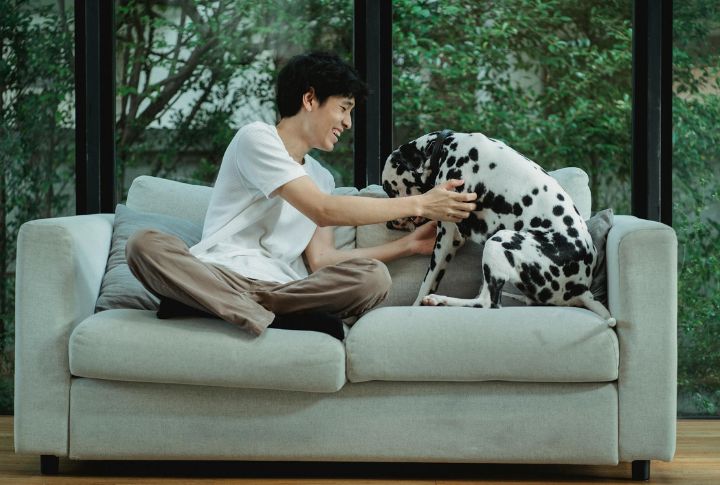
Adopting or bonding with another animal does not erase what came before. It’s common for grieving pet owners to be hesitant to “replace” a lost pet, but relationships don’t work that way. Dogs thrive in homes with love. The connection they shared with you created space for another to follow.
You Were Their Constant Focus
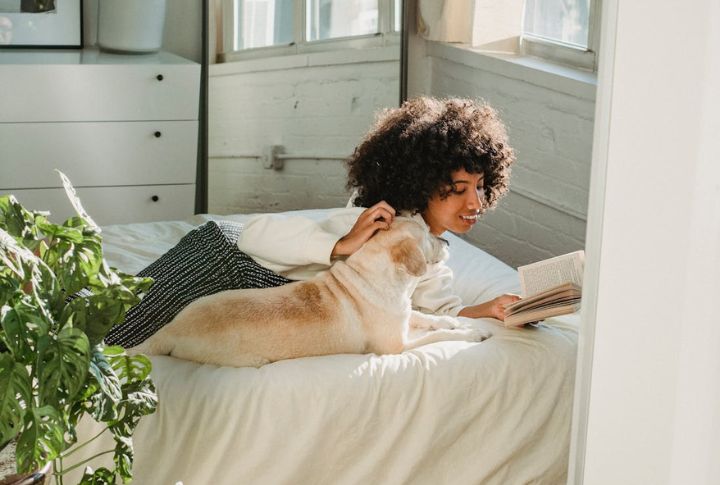
Most dogs form their strongest bonds with one person. You were their primary source of food and the focus of their routine. That focus rarely shifted. Their loyalty wasn’t divided. Even as the surroundings changed, your presence remained the one thing that always made sense to them.





